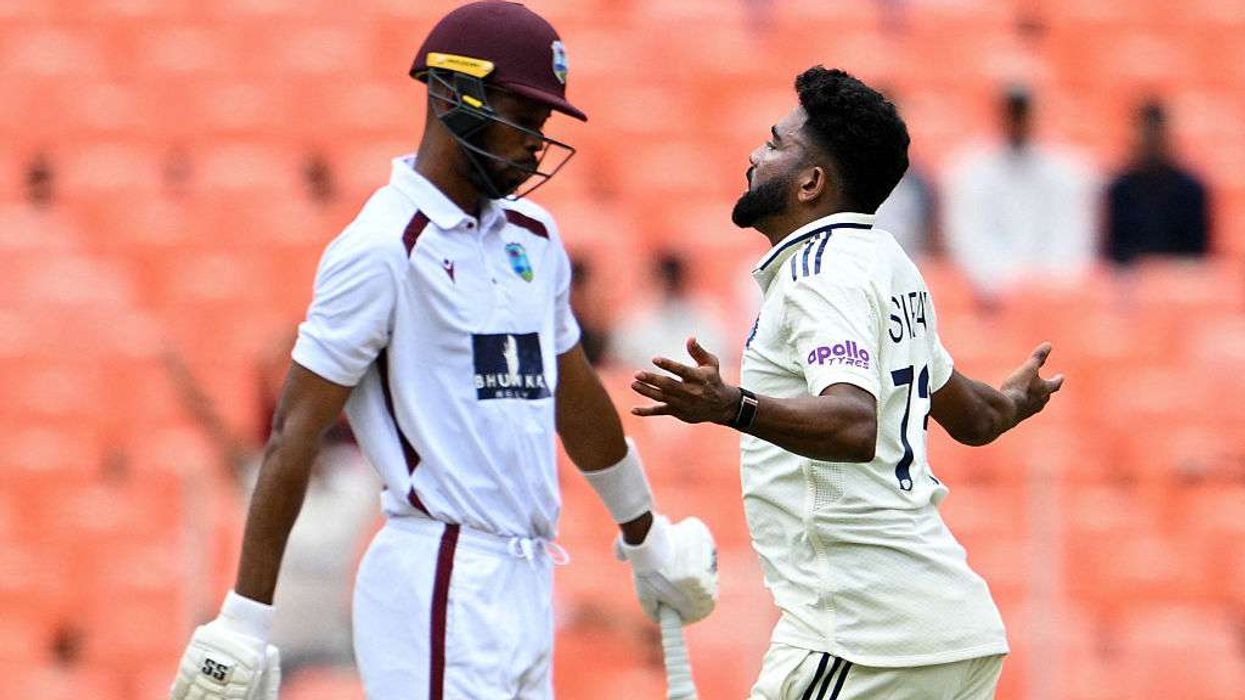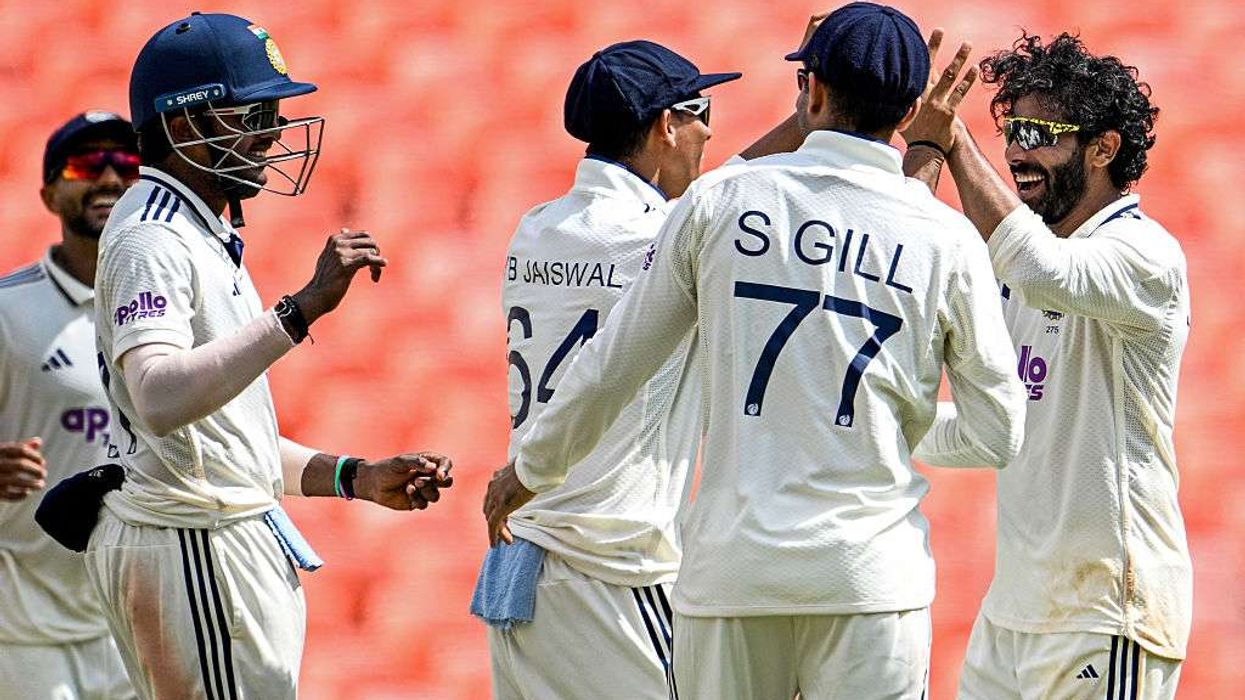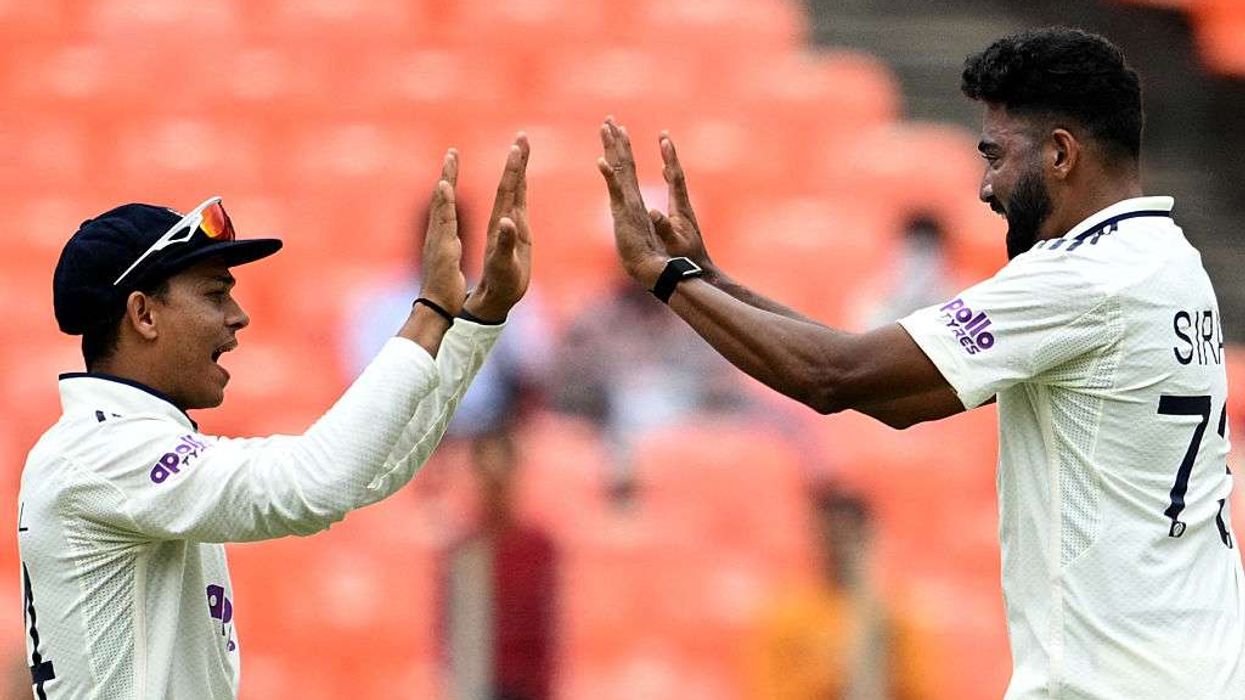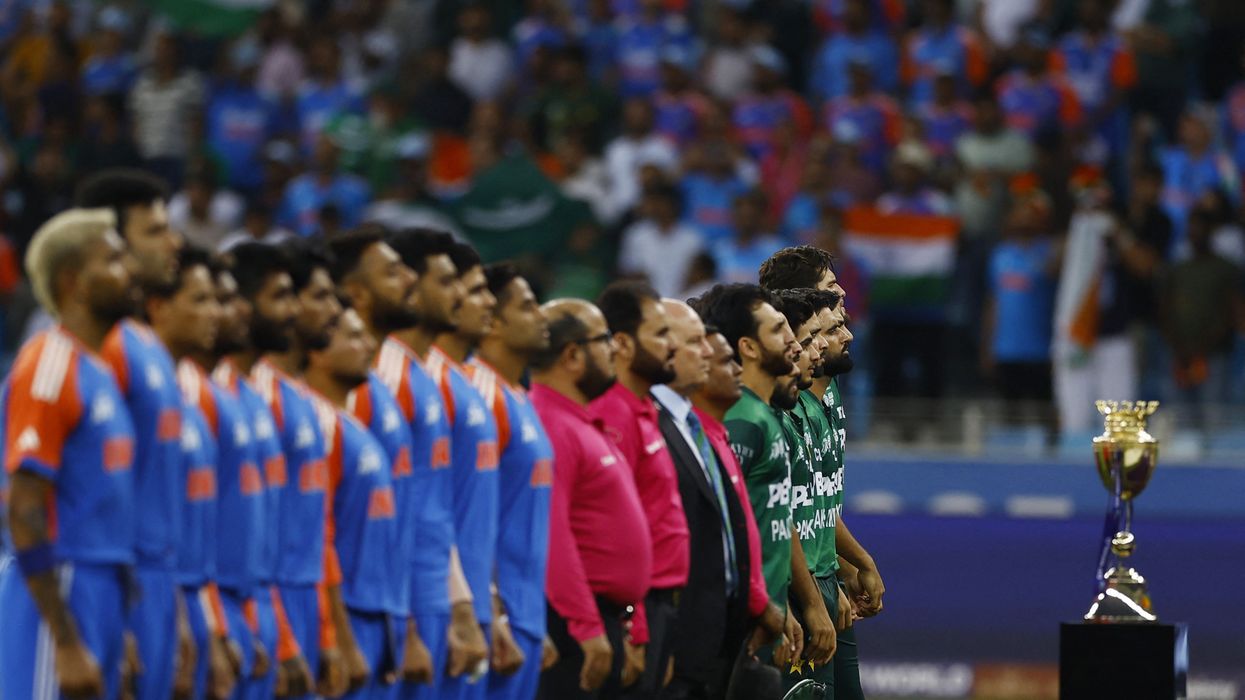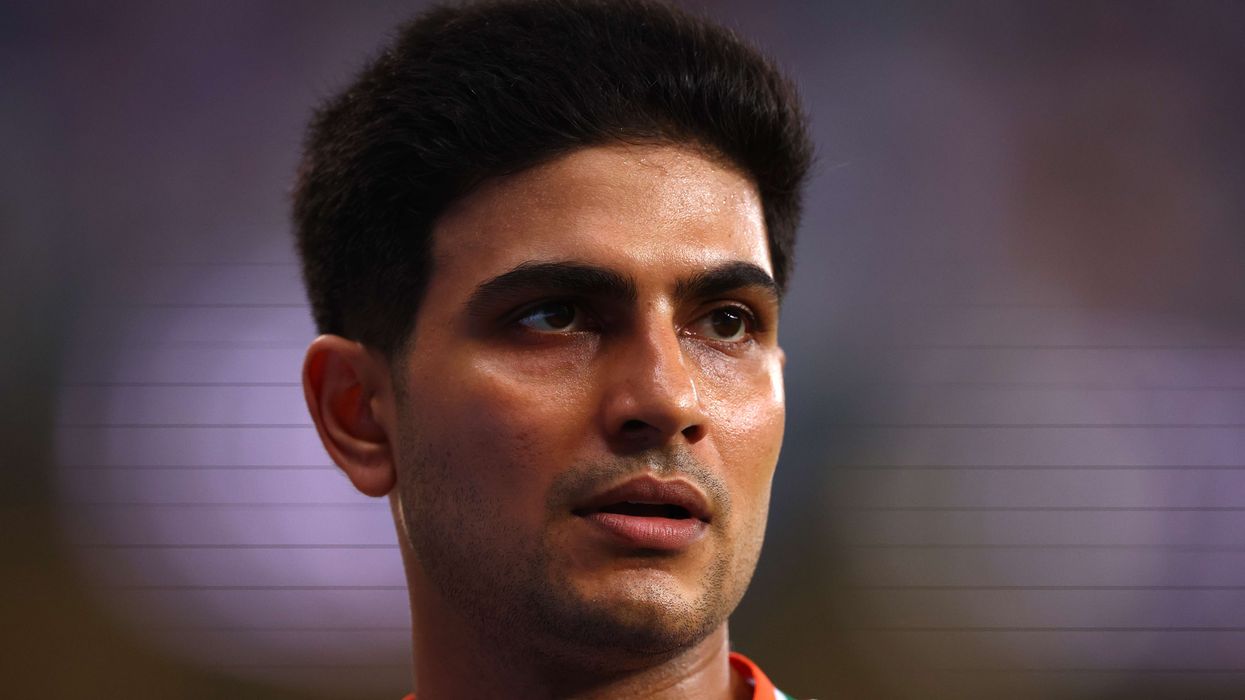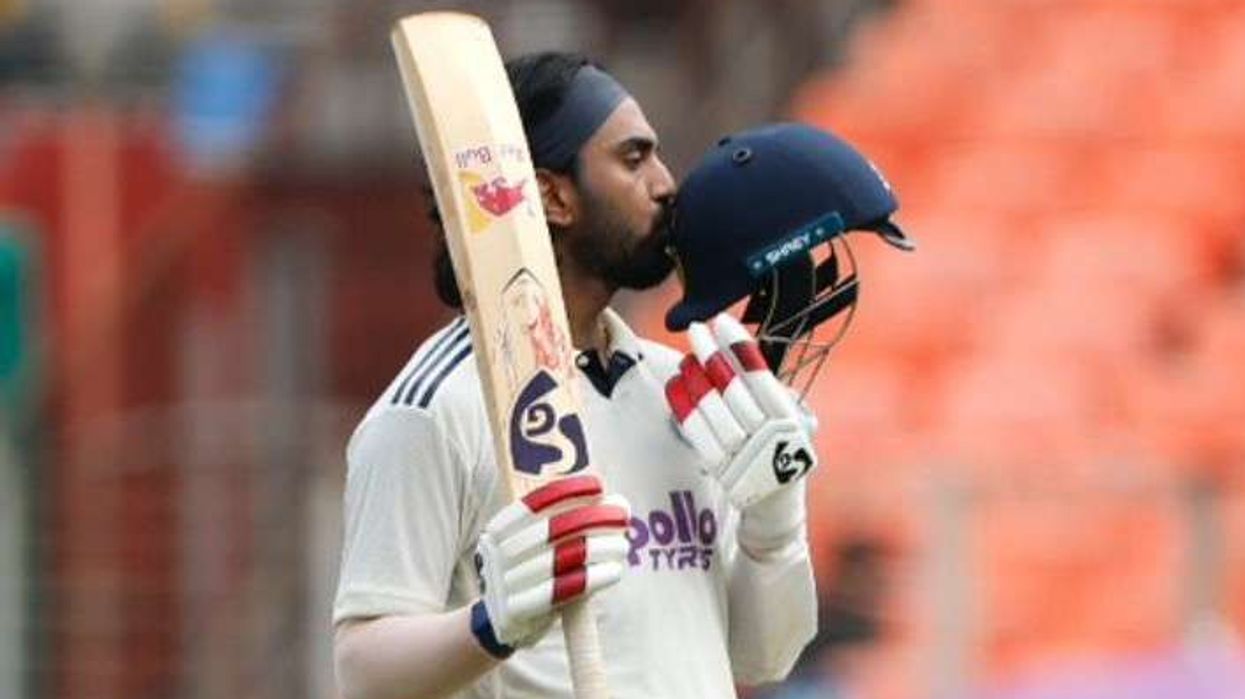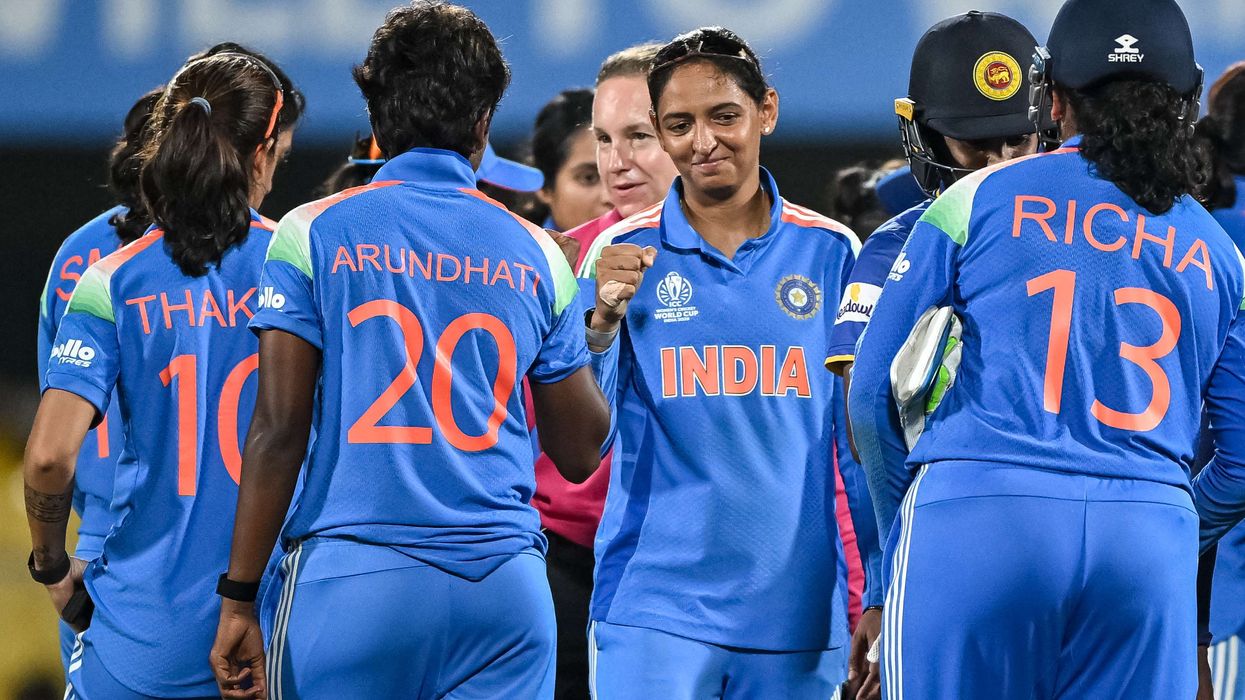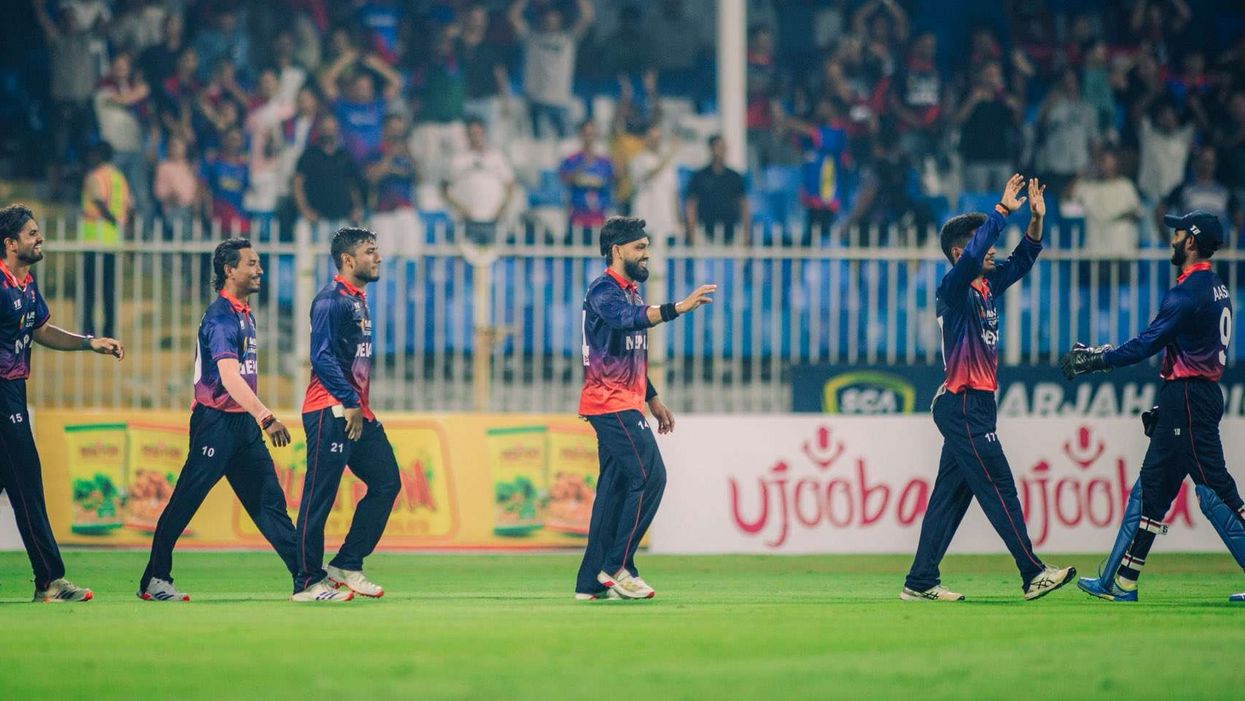FORMER England captain Michael Atherton has called for an end to India-Pakistan matches in ICC tournaments, alleging that draws have been “neatly arranged” to ensure the two sides meet for “economic needs.” He said cricket between the two countries has become a “proxy for broader tensions and propaganda.”
In a column for The Times, Atherton referred to the recent Asia Cup, where the Indian team reportedly refused to shake hands with Pakistani players. He also mentioned that the Asian Cricket Council’s Pakistani head, Mohsin Naqvi, walked away with the winner’s trophy after the Indian players declined to accept it from him.
“India and Pakistan have played each other in the group stage of every ICC event since 2013, which includes three 50-over World Cups, five T20 World Cups and three Champions Trophy,” Atherton wrote.
“That is regardless of whether the initial stage has been a single round robin – part of the motivation for which is the inevitability of an India versus Pakistan fixture – or multi-group, when the draws have been neatly arranged to ensure the fixture goes ahead,” he added.
Tensions between the two countries have been high following the Pahalgam terror attack, in which 26 Indians were killed by Pakistan-backed terrorists, leading to military action by India in May.
“Despite its scarcity (maybe, in part, because of its scarcity) it is a fixture that carries huge economic clout, one of the main reasons why the broadcast rights for ICC tournaments are worth so much — roughly USD 3 billion for the most recent rights cycle 2023-27,” Atherton wrote.
“Due to the relative decline in the value of bilateral matches, ICC events have grown in frequency and importance, and so the India and Pakistan fixture is crucial to the balance sheets of those who would not otherwise have any skin in the game,” he said.
Atherton said the time has come to end the “tacitly supported arrangement” of ensuring that the two teams meet in every ICC event. He noted that at the recent Asia Cup, the draw and schedule were such that the teams faced each other every Sunday of the three-week tournament.
“If cricket was once the vehicle for diplomacy, it is now, clearly, a proxy for broader tensions and for propaganda. There is little justification, in any case, for a serious sport to arrange tournament fixtures to suit its economic needs and now that the rivalry is being exploited in other ways, there is even less justification for it.
“For the next broadcast rights cycle, the fixture draw before ICC events should be transparent and if the two teams do not meet every time, so be it,” he said.
India and Pakistan have not played a bilateral series since the 2008 Mumbai terror attack. Days before the Asia Cup, the Indian government announced a policy placing a blanket ban on bilateral sports engagements with Pakistan, even at neutral venues, but exempted multi-lateral events to comply with the Olympic Charter.
Atherton said the two countries are being deliberately drawn together to benefit from the tension that attracts large crowds and high viewership numbers, which are important for advertising revenue.
“This ‘arrangement’ has been tacitly supported within the game for a number of reasons. The most obvious is the inability of both teams, because of political tensions, to meet outside ICC events.
“Cricket on each other's territory was once the avenue through which both countries might talk, but gradually silence has descended.
“ICC events are the only occasions, at present, when the fixture can go ahead and now this must be on neutral territory too — the cause of much debate in the most recent Champions Trophy, when India parked themselves in Dubai for an entire tournament nominally hosted by Pakistan,” he said.
(With inputs from agencies)

